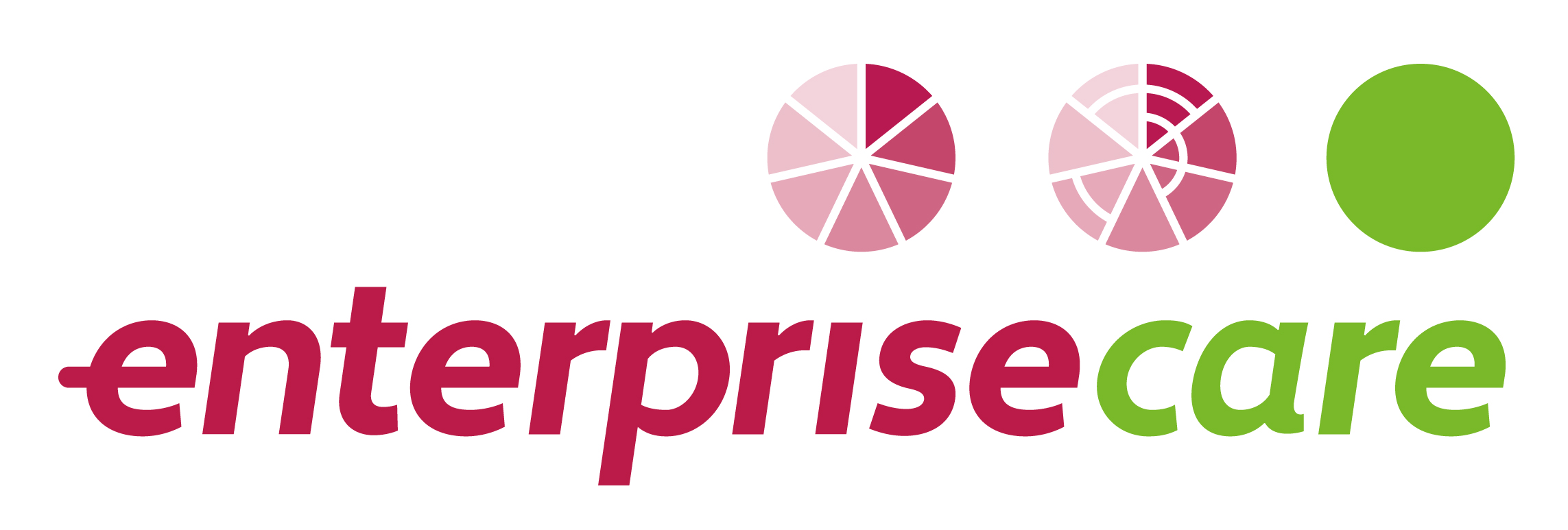Another Day, Another Governance Issue in the News
An article from Laura Beavis on the ABC news website last Saturday 18 February 2023 raises a critical governance issue: “Disability royal commission questions lack of accountability from leaders of service providers after abuse uncovered”.
Beavis goes on to comment that the “disability royal commissioner says he has been struck by the fact that ‘nobody seems to have been held accountable’ at a disability service provider in the two years since abuse was uncovered.”
Many would be familiar with examples, perhaps within their current organisation, which highlights the lack of accountability from anyone, when something goes badly awry.
For those who have an understanding of how governance actually works in organisations, maybe this is neither a revelation nor a surprise. Possibly, it is simply a fair description of the state of how governance operates in many organisations.
In other words, governance is something that exists from the moment an organisation begins operations and only requires directors to engage with it on a passive basis.
Passivity is seemingly the default position
Being passive, where governance matters, appears to sit comfortably with how many Boards and Directors want to have their involvement. It offers a narrative and, maybe, justification for their not being drawn into any truly active or material decision-making.
And so, if something goes wrong in the organisation, the Board and or Directors have convinced themselves that they cannot be held accountable. Minimise your involvement in a governance role and thereby optimise your chances of not being found liable, or responsible, for what may go wrong in the organisation.
In an age of revolving news headlines highlighting compliance failures with the threat of Director retribution, it’s no wonder that Directors are defaulting to requiring more and more information and becoming more risk averse as this stalls or sometimes avoids undertaking decisive action.
However, true stewardship and enhanced Board impact requires decisiveness, the ability to distil the critical governance aspects of the organisation and provide meaningful direction and impact. This offers the Board and Directors a meaningful and value creation role for their governance practices.
Unfortunately, too many Boards fall into the trap of becoming more operational, distancing themselves from true stewardship and thereby undermining the powerful and positive impact that good governance has on an organisation and its Executives.
This can lead to the Board and Directors feeling disconnected from a meaningful and value creation role.
Safety in an Undefined Middle Territory
Some Boards and Directors find themselves frustrated when they operate from a position of detailed operational oversight, rather than enabling their true governance stewardship or value creation for the organisation. This historically allows for a safe default position as it appears any accountability can arguably be shifted as a result of Directors claiming to neither be true governance practitioners nor true executives of the organisation.
Such a situation would be funny, if it was not the cause of some shocking consequences which, the Disability Royal Commissions, along with so many others, including the Royal Commission into the Robodebt scandals, have shown.
What therefore is the root cause of the issue?
- Is it a lack of understanding of the true role of the Board and/or the role of Directors?
- Is it a lack of oversight of the lead indicators that contributes to being blind to warnings of significant organisational issues occurring?
- Is it a lack of decisiveness by the Board to act when clearly not only is it the right governance response but, more basically, the right moral action to take?
- Is it analysis paralysis where no action is deemed 100% safe and therefore inaction becomes more desirable?
Regardless of the reason, this surely can no longer be accepted as a legitimate out for Boards and Directors. “I wasn’t aware” needs to fast become inexcusable. Rarely in any kind of scandal were there no ‘warning signs’, it is a Director and an Executive’s duty to be informed and it’s not as difficult as it is portrayed to be.
The Hypothetical
If you were a Director on the Board of Sunnyfield Disability Services, what do you imagine would be the minimum response to learning of the violence and abuse?
And importantly, how would you react if you found yourself as the lone voice on the Board asking for change or a show of decisive and significant action?
For context – in 2022 the royal commission had found that Sunnyfield Disability Services leadership had failed to protect 3 group home residents from violence and abuse. That in itself is graphic without reading any of the details.
This alleged failure it seems proved to be the straw that broke the ‘Accountability back’ as far as the commission was concerned. When it learnt that life had not seemingly changed for senior staff or Board members since the commission findings, this became a governance red flag issue.
As the Commissioner said so eloquently: “What seems to me to be striking … is nobody seems to have been held accountable… No senior staff, as far as I’m aware from the evidence, have been dismissed or reprimanded for the role they may have played in the institutional failings… The board … has issued no public statement or statement to staff regretting the failures of the past and acknowledging responsibility. The board remains largely unchanged.”
It is never easy when there is heat in the kitchen to think clearly and act decisively for the benefit of the organisations and its stakeholders. But that is the very time the community expects Boards and Directors to be confident to step up and take the appropriate action and in a timely and effective manner.
Governance has matured to the point now that Boards and each Director are reasonably and realistically called upon to act fully in their role as stewards of the health of the organisation. Being caught in the glare of the Royal Commission’s headlights, is not an excuse for passivity. Surely it is a clarion call for those in a governance role to seize the moment and show leadership as the ultimate stewards of their organisation.
Show Me
The Royal Commissioner is also reported as commenting that “There’s no evidence that Ms Cuddihy (the then CEO of Sunnyfield) was ever reprimanded or disciplined by the board for her part in what seemed to have been institutional failures.”
Hence the call from the Royal Commission to the organisation’s leaders to now show what actions actually did occur after the initial revelations, how effective have those actions (if any) been, whether they are measured, tracked, and reported on regularly.
While very pertinent for those directly affected, those in the governance space will also be very interested to learn about the responses.
In the case of another service provider – Afford, the new CEO it was reported “was unable to explain how the board had manifested its acceptance of responsibility and accountability, as she is not on the board.”
In the case of Afford the Royal Commissioner is quoted as saying –
“The findings … demonstrate that Afford was in fact a dysfunctional organisation and that the board over a long period failed to effectively discharge its governance obligations (our emphasis) to ensure the safety and quality of services provided and to safeguard its clients against the risk of violence, abuse, neglect and exploitation,…”.
Conclusion
The examples of poor or average governance seems to grow exponentially. Over the last decade there has been a plethora of real life governance examples that are available for learning about what are better governance practices.
So why are Boards and Directors still found in the learning curve of the governance cycle and not on the ‘enhanced impact curve’ of the governance cycle?
Interested in understanding what the Critical Indicators are that your Board should be tracking to enhance its impact? Talk to us today.
Enterprise Care works collaboratively, whether in the areas of culture, staff engagement, remuneration or governance more broadly, to ensure your organisation’s success. Our flexible approach includes Board member and staff interviews, diagnostic insights, and reporting, and conducting facilitation sessions with your key people to agree meaningful and practical actions that deliver high positive organisational impact.
If all you do is achieve greater understanding of your organisation’s purpose, and shared values and beliefs, you are already on your way to achieving peak organisational performance.

